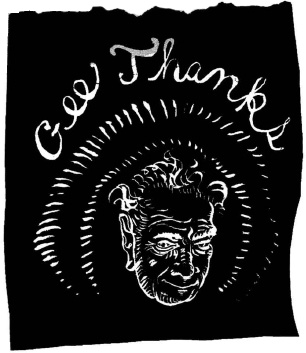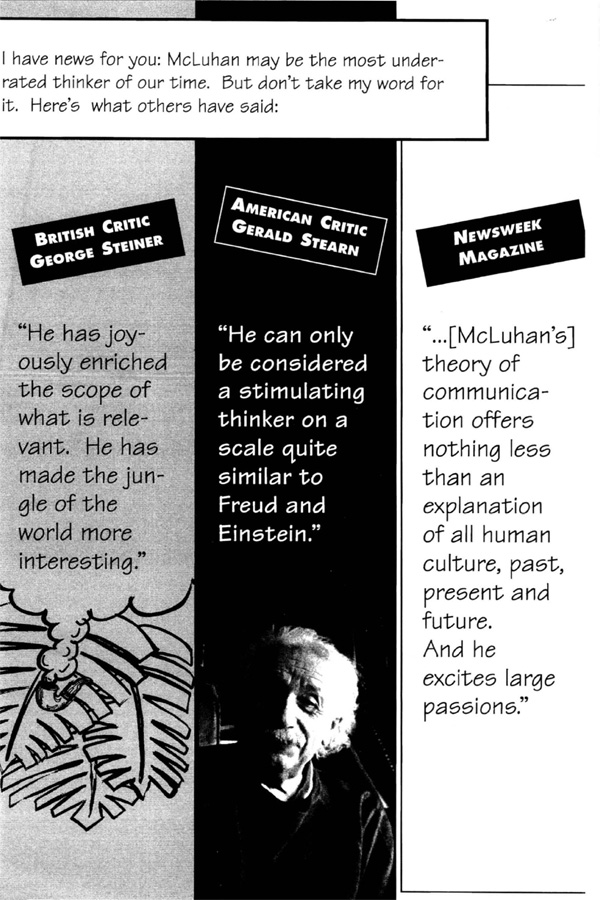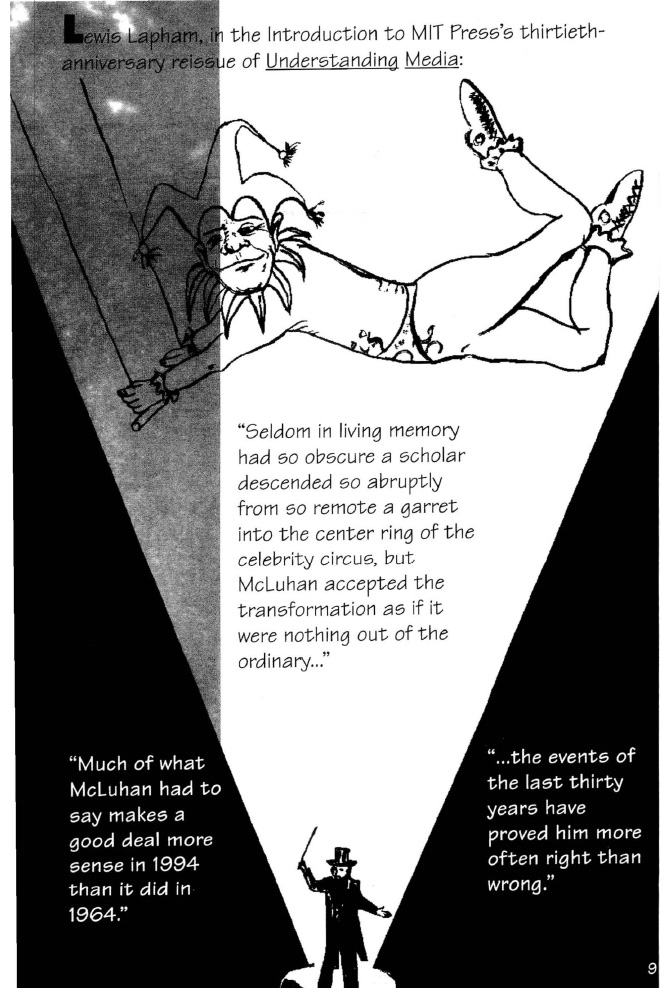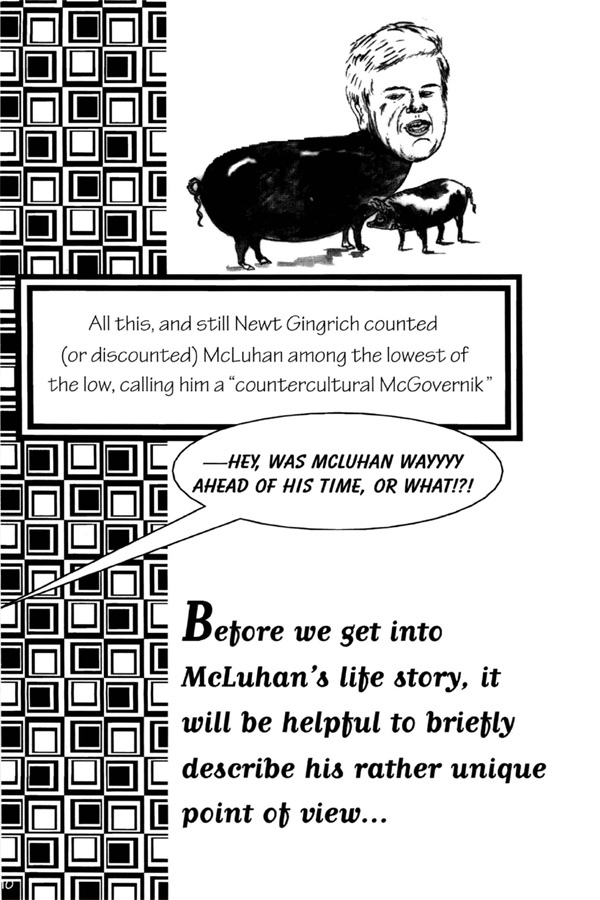“...the new environment that McLuhan discerns should be studied as carefully as the O2 system in the Apollo spaceship. Just possibly, understanding McLuhan may help ensure that earth’s environment sustains rather than destroys the crew.”

“McLuhan is a synthesizer. He has gathered amorphous and scattered ideas, thought them through with force and vivacity, and opened up new areas of awareness.“
NOVELIST GEORGE P. ELLIOTT
“McLuhan’s teaching is radical, new, animated by high intelligence, and capable of moving people to social action. If he is wrong, it matters.”
AUTHOR TOM WOLFE
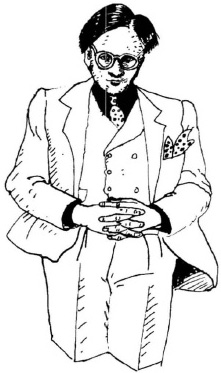
“Suppose he is what he sounds like, the most important thinker since Newton, Darwin, Freud, Einstein, and Pavlov…what if he is right?”
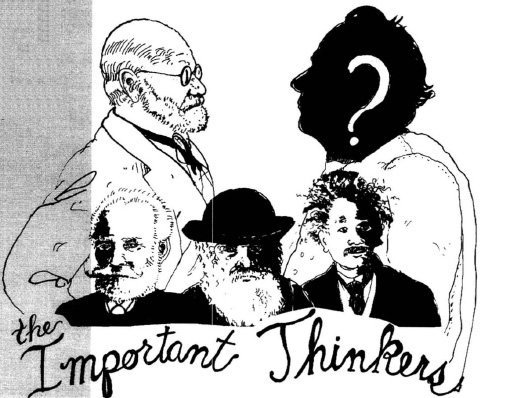
McLuhan was an obscure Canadian professor of English till he published Understanding Media: The Extensions of Man in 1964. The paperback edition became the fastest selling nonfiction book at Harvard and other universities—with no advertising or promotion! Understanding Media was the book that brought Marshall McLuhan to public attention as a media analyst and catapulted him to international prominence. For the next fifteen years, McLuhan lectured passionately to academic and popular audiences, engaging in all kinds of debates and forums around the world on his key theme: how technology affects the forms and scale of social organization and individual lives.
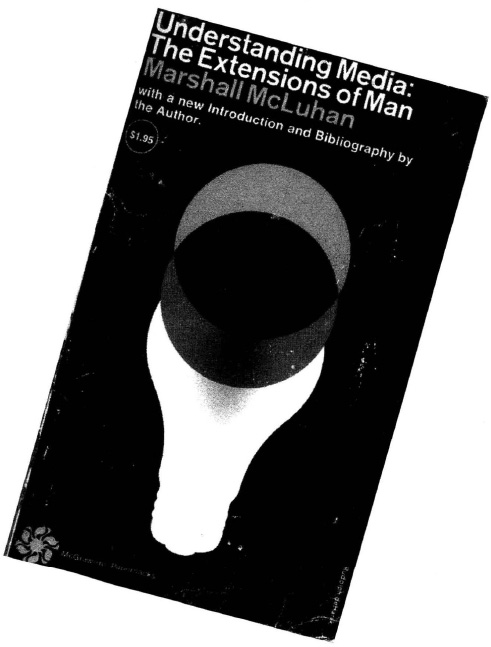
By 1980, the year McLuhan died, cable TV had not yet come to the Amazon jungle. The inhabitants of the “global village” he spoke of still knew nothing, or little, about interactive television, PCs, CDs, talking books, the world wide web, terminal node controllers, optical discs, pocket computers, the Internet, optical fiber or laser technology.

A few years ago, when Wired, the terminally hip, “future-friendly,” magazine of the computer age was hyper-conceived, Marshall McLuhan was chosen as the magazine’s “patron saint.” Wired exploded into 1996 by featuring McLuhan in their January issue. Three articles and a handsome, spare-no-expense cover were supposed to be a tribute to McLuhan. (His ghost thanks you.)
Unfortunately, the Wired articles so drastically misrepresented his teaching that many readers must have wondered: why bother with McLuhan?—there’s nothing to be gained from reading him.
